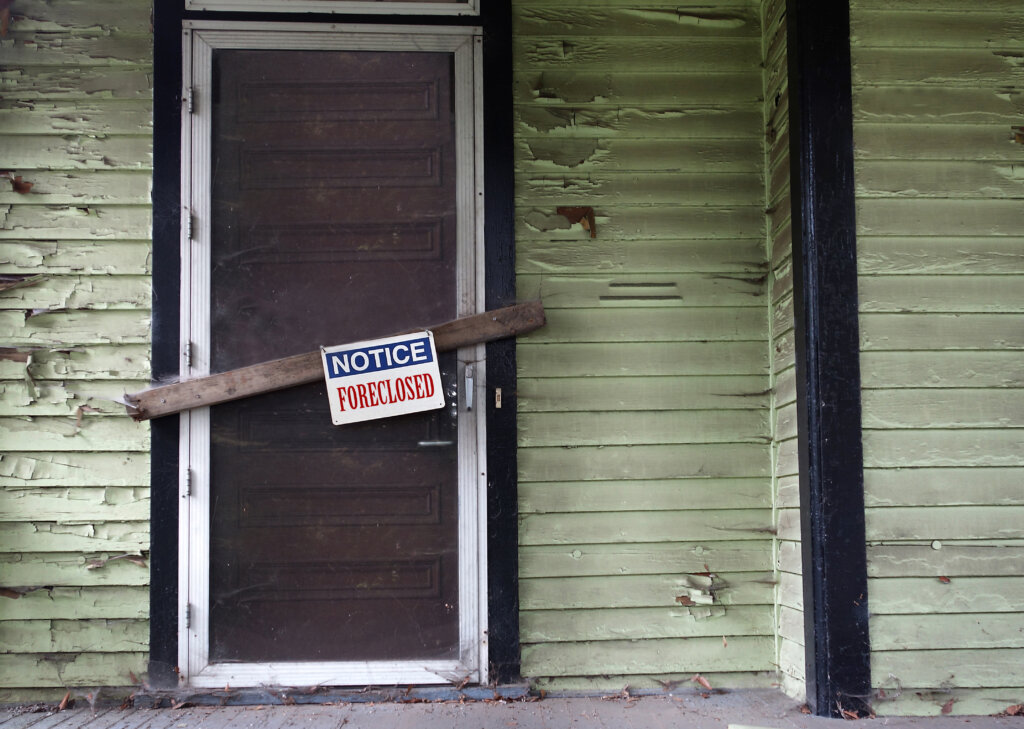
Did you know that a significant 47% of foreclosed properties continue to have occupants?
It might come as a surprise, but there’s a logical explanation behind it. Contrary to common belief, banks aren’t in the business of owning homes; they’re primarily lenders. Nevertheless, when they have to foreclose on a property, they end up owning it until they can find a buyer to recoup their investment. What they’ve learned is that when a foreclosed home in Sacramento sits vacant, there’s a higher likelihood that it will fall into disrepair. This is why banks often prefer to have occupants in the property, even after the foreclosure process has commenced.
You may have come across media stories about people residing in homes without making mortgage payments after foreclosure, or tales of banks seemingly “abandoning” properties. While it sounds enticing, the reality is far from that simple. Banks do not willingly relinquish your mortgage responsibilities. The only scenario in which you might live in a home without making payments is when substantial mistakes have occurred, and even then, it’s not legally sound and can lead to severe repercussions.
So, why do we see numerous foreclosed homes that are still occupied? The primary reason is that vacant properties are inviting targets for vandalism and criminal activities. Keeping the home occupied helps the bank maintain the property’s value, making it in their best interest to have someone there, even when foreclosure proceedings are underway. Thanks to California’s foreclosure laws, banks may ask you to leave while secretly hoping you’ll stay.
Now, let’s delve into some legitimate options to continue residing in your home even after foreclosure:
Waiting it Out: While not the most ideal option, it’s increasingly common. Do not lose hope when the first notice of default arrives; the foreclosure process can take months and, in some cases, even years. Remember, it’s not over until it’s over, but don’t procrastinate until the sheriff arrives to start packing your belongings.
Seeking Legal Redress: In rare cases, judges may grant stays and delay evictions if you can demonstrate that the bank has neglected a legal requirement during the foreclosure process. Nevertheless, this is a challenging, costly, and time-consuming option.
Proposing a Relocation Package: Commonly referred to as “cash for keys,” this approach entails receiving compensation to vacate the property, potentially saving time and resources for all parties involved.
Renting it Back: Some banks are open to the idea of taking on the previous homeowners as tenants. This is a temporary solution, and you’d need to consent to vacate once they find a buyer.
It’s commendable that you’re exploring your options. We specialize in helping homeowners find innovative solutions. While we may not be able to assist everyone, there’s a chance that we can provide you with support.
If you’re considering selling your Sacramento home, feel free to reach out to us at (916) 476-2381 or fill out the form on this website today. We buy local Sacramento houses from individuals in need of a prompt sale.

